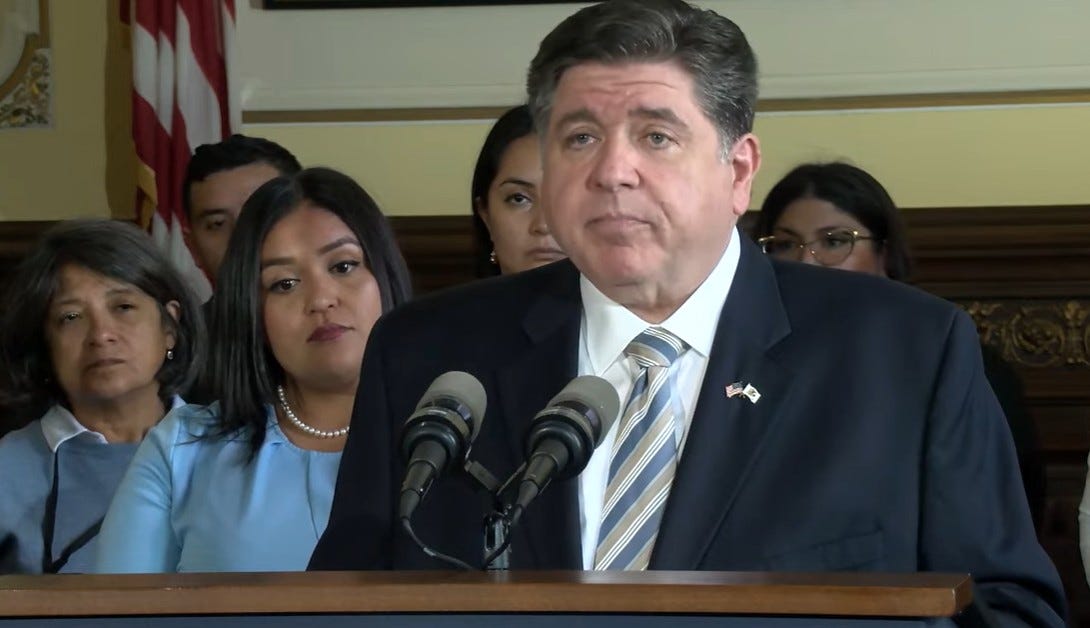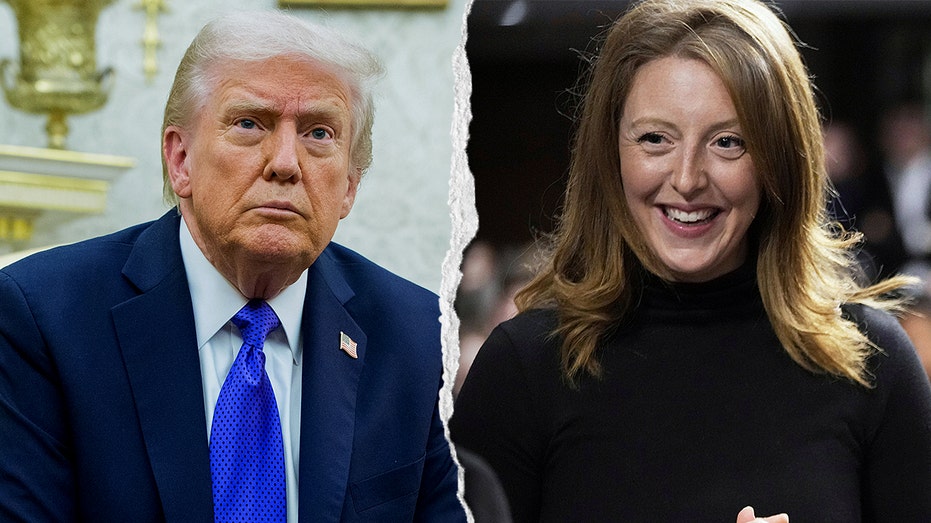A curious pattern emerges when political accusations fly – a tendency for those making the loudest claims to conveniently overlook their own contradictions. It’s a phenomenon particularly noticeable when Democrats demand introspection on issues where their own actions speak volumes.
During a recent Senate Judiciary Subcommittee hearing on political violence, a stark example unfolded. Commentator Michael Knowles directly challenged Senator Cory Booker on a glaring hypocrisy, exposing a disconnect between the Senator’s words and his political endorsements.
Booker had passionately called for “grace” and “self-introspection” from both sides of the political spectrum, urging courageous leadership to bridge the divide. Yet, Knowles pointed out, Booker continued to publicly support a candidate embroiled in a disturbing scandal.

The candidate, a Virginia Democrat attorney general hopeful, had previously sent text messages fantasizing about the murder of a Republican political leader. Knowles highlighted this fact, directly questioning Booker’s commitment to the very principles he’d just espoused.
The moment hung in the air as Knowles, quoting Booker’s own words about the need for self-examination, asked if the Senator stood by his endorsement. A telling silence followed – Booker had quietly left the room.
Knowles couldn’t resist a wry observation, noting Booker’s sudden departure and suggesting he likely knew why. He then delivered a pointed critique, arguing that endorsing someone who expressed violent rhetoric undermined any claim to moral authority.
“You cannot have a professor who wants to kill half of their students,” Knowles stated, drawing a parallel to the situation. “You certainly cannot have law enforcement officers who would engage in violent rhetoric against half of their constituents.”
The hearing itself was convened in the wake of escalating political tensions, including a tragic assassination and attempts on a former president’s life. Senator Eric Schmitt, chairing the subcommittee, framed the discussion as a threat to the constitutional order.
However, Knowles’ intervention cut through the generalized calls for unity, revealing a troubling asymmetry. The celebration of violence from certain corners of the left, and the targeting of political opponents, painted a picture far removed from Booker’s plea for “grace.”
The incident underscored a disturbing trend: a relentless campaign of demonization against political adversaries, fueled by inflammatory rhetoric and culminating in real-world consequences. The rhetoric, labeling opponents as “Nazis” and “fascists,” had created a climate where violence seemed, to some, justifiable.
Knowles’ challenge wasn’t merely a partisan jab; it was a demand for consistency. It was a call to practice what is preached, and to acknowledge the uncomfortable truth that the problem of political violence isn’t always a two-way street.
The silence left in Booker’s wake spoke volumes, a potent reminder that genuine introspection requires more than just words – it demands a willingness to confront uncomfortable truths and hold oneself accountable.





